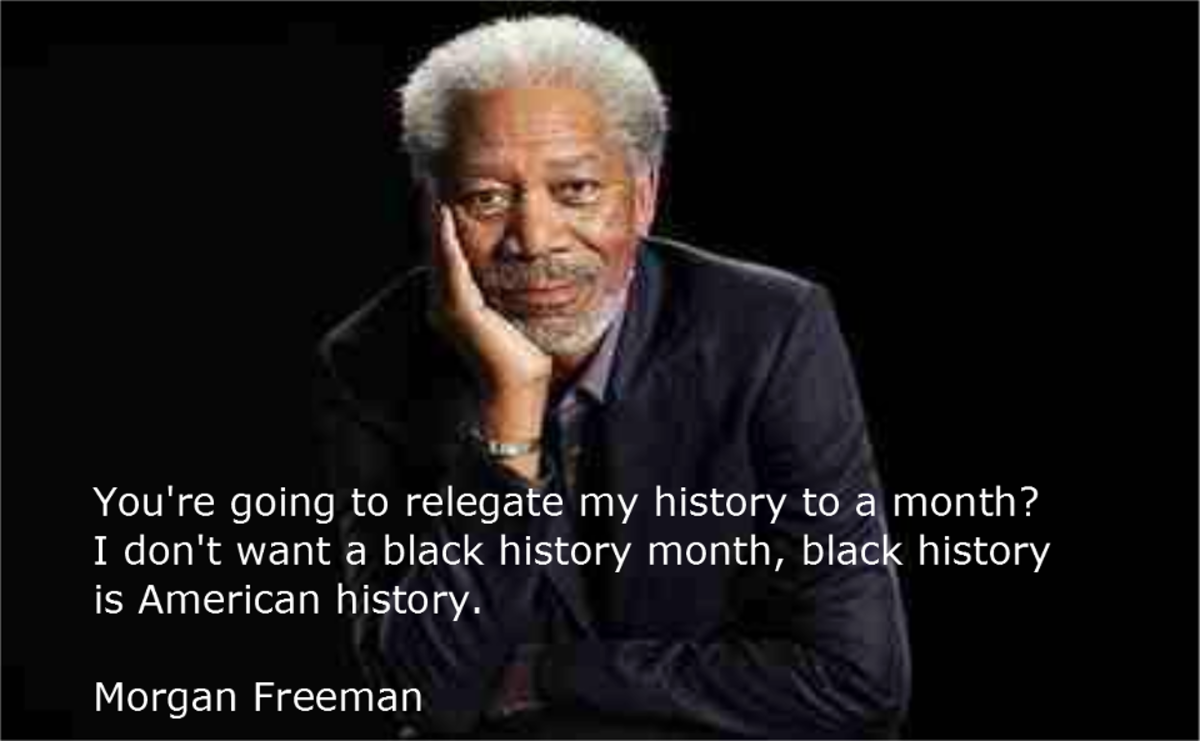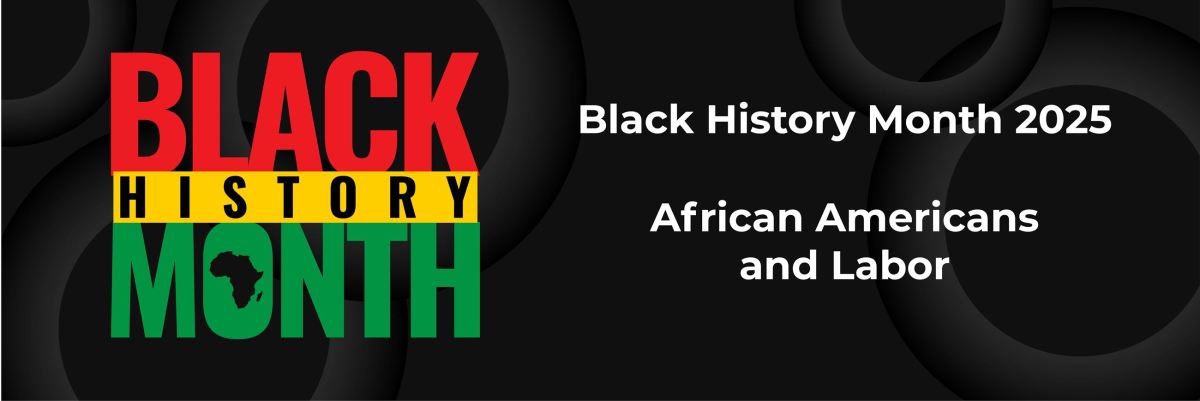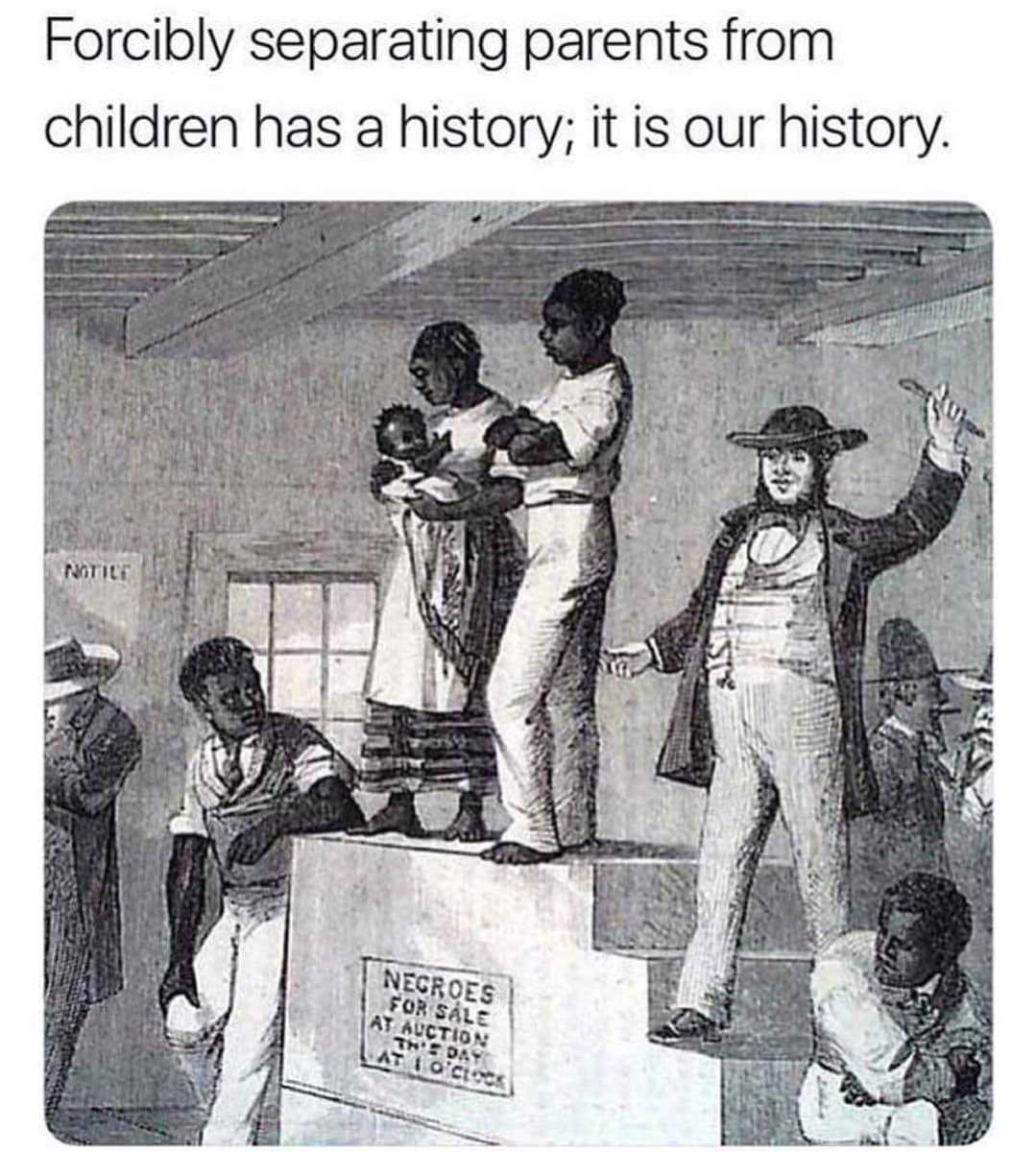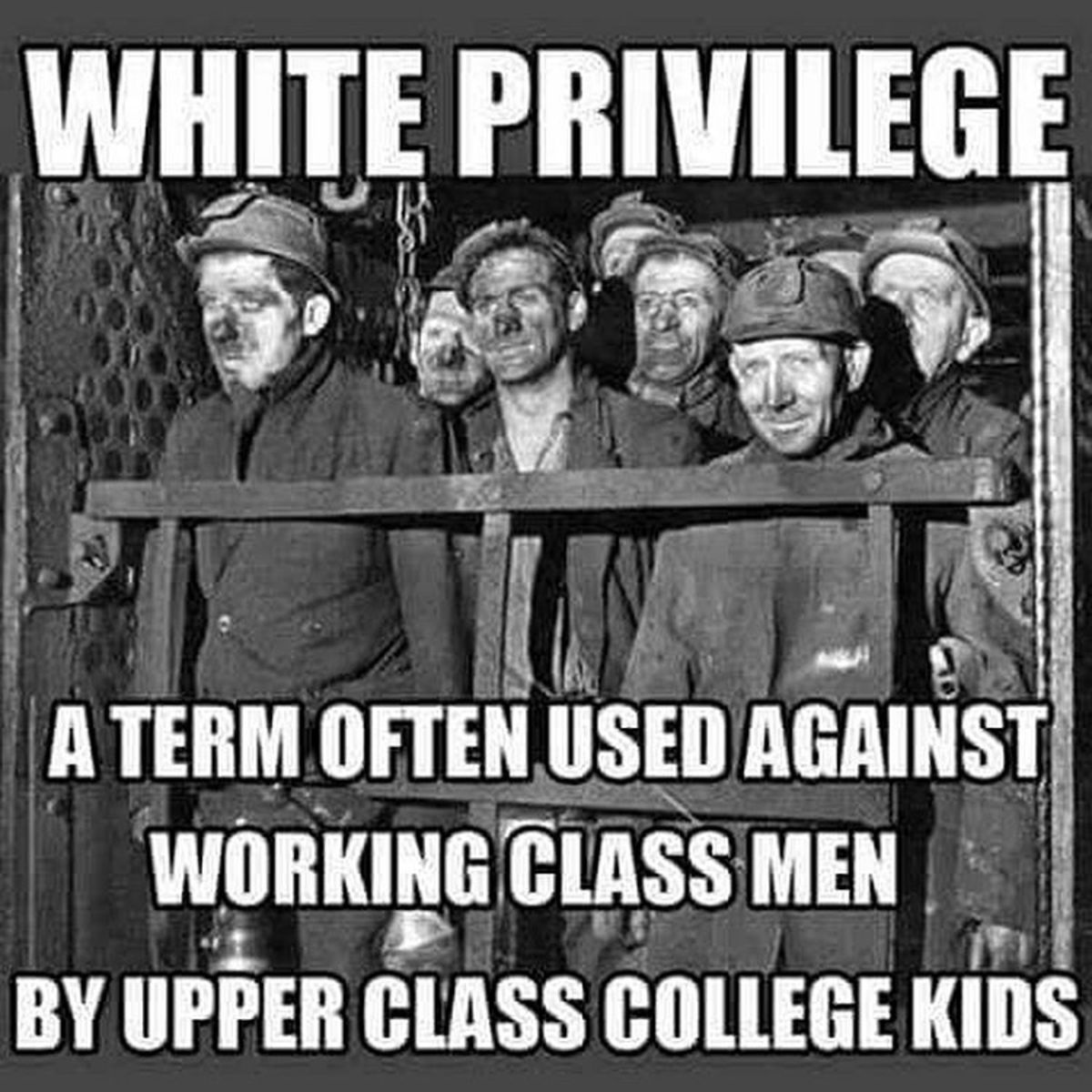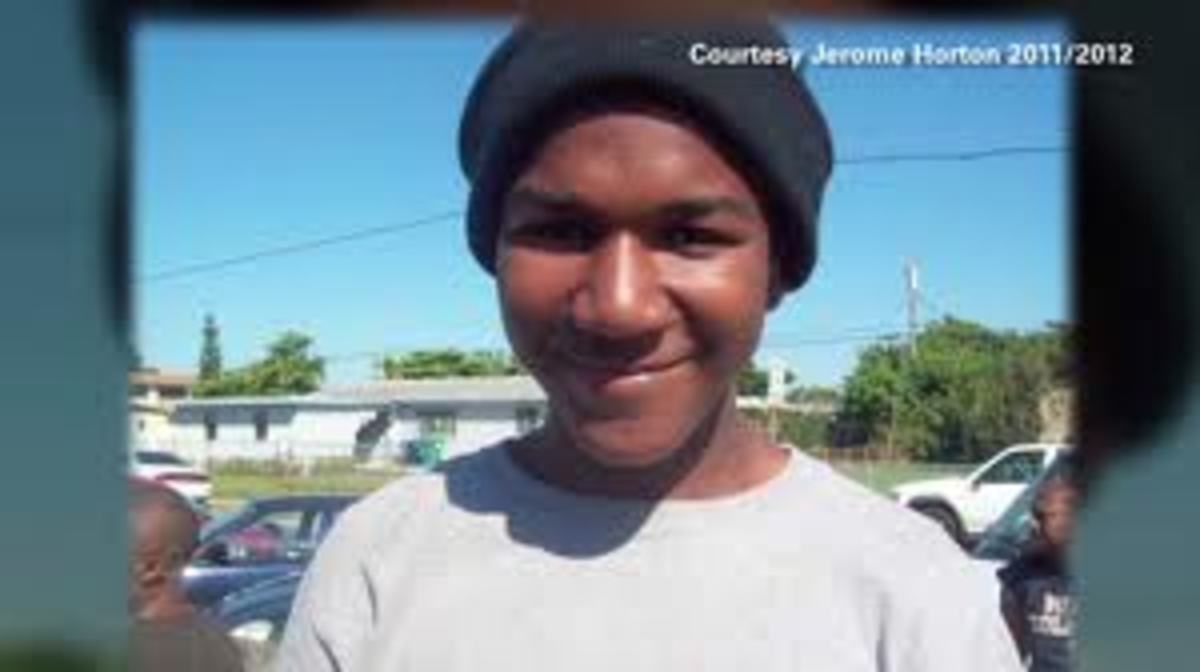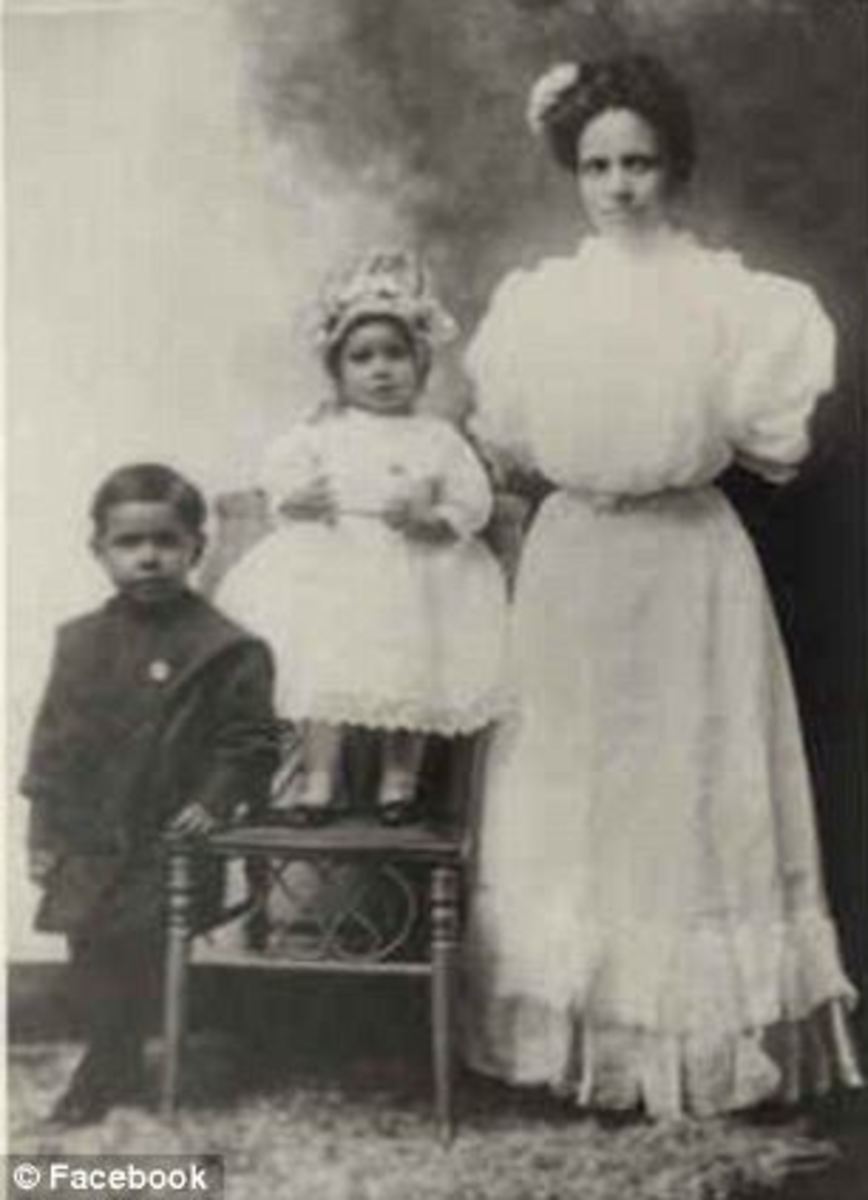Black History Month for Families to Celebrate
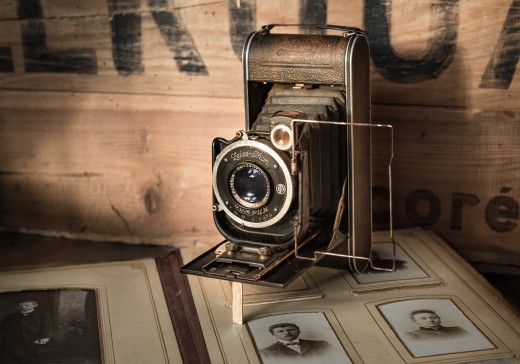
It Doesn’t Have to Just be in February...
National Black History Month is one of many important milestones in embracing diversity in the world. While I am not Black, I am a minority, and thanks to Black History Month, so many other cultures have been able to gain recognition too. As DEI has become more prevalent in businesses as a buzz word for recognizing everyone of any race or background, it’s also a measure of just how far society has come, how history has been made, and future is what we make of today. Because of having such celebrations, children in school in the 21st century remain very much made aware of the history of slavery, oppression, and inequality that Blacks have endured most of all. Because of their struggles, other ethnicities have also faced discrimination, and the views and behaviors that have been reshaped toward Blacks has been improving how people treat other cultures. Younger children of preschool age and toddlers have the added advantage of being accepting of all nationalities unless taught otherwise. The younger children are when exposed to various cultures, the more comfortable they will be with all people for the rest of their lives. They understand better and accept more readily the differences they observe and find the commonalities between all people to remove the barriers that were once painfully apparent.
Ways to Celebrate
Children learn best when their senses are fully utilized. So, make it a point to visit public places with your child and make it a point to encourage him or her to play with other children who are different in color. Starting with very young ages, National Black History Month can be shared through stories, foods, music, and crafts. Truly, children need that hands-on experience to form positive, lasting impressions. If you are lucky enough to have your child in a daycare or preschool (or work in one), then you are already aware that teachers there already incorporate lessons and activities for Black History Month and further cultural awareness. But it shouldn't stop there, because learning should also come from home.
Stories - What kid doesn't like a good book? Read African folktales, poetry, or even a historical book on the life of a notable Black's childhood or significance in adulthood. Some great books to try include: The ABCs of Black History: A Children's Guide by Craig Thompson; I See the Rhythm by Toyomi Igus and Michele Wood; Let's Talk About Race by Julius Lester; Nelson Mandela's Favorite African Folktales by Nelson Mandela, Charlize Theron, Benjamin Bratt, and LeVar Burton.
Foods - A great way to talk about culture is by living it and identifying with it in everyday life. That is why food associated with different holidays works so well! Part of cultural immersion includes teaching about the history of a group of people and their native land, and sharing food can make it more real to children. African cuisine varies by region, but most people agree that dishes like Groundnut Stew, Cassava Cake, Spicy Okra and Turnip Greens, or Sweet Potato Salad are good representations of the culture. As Blacks migrated to other countries around the world, the cuisines mingled with local ingredients to create new variations on traditional recipes in addition to the sub-cultural food categories Soul, Creole (both US), and Afro-Caribbean. Having children learn about the food can be a tasty experience!
Music - Who doesn't appreciate some type of music? Children thrive on it. African instruments look just as unique as they sound. Although recordings of African music are available as CDs and videos, having a hands-on experience with the instruments themselves can be fun as well as entertaining for everyone. Check out local museums for information on exhibits pertaining to African music, or visit your local library for possible African music/Black History events they might have.
Crafts - Activities you can do together can be another way of promoting cultural awareness. Not only can you create works of art pertaining to historical milestones for Blacks (such as with a Martin Luther King Jr. freedom bell), but you can make crafts much like children in Africa would - like with sand art drawings, wall masks, puppets, and shakers.
Whatever way you find most helpful in introducing your child to Black History and in celebrating Black History Month, do it with respect for all the men and women who just like other races have fought discrimination and injustice in order to have a voice. Let that voice ring true, so that your child can best appreciate and understand what it means for the cultures of today as they continue blending into more new ethnicities that shape our world.
DEI in the Workplace
There are countless Blacks who have made significant achievements in society and there’s no better way to help them feel valued and heard than to stand alongside them in really understanding them as a people. Diversity, equity, and inclusion groups and a mindset is acceptance of all people, regardless of their race, status, and beliefs. Businesses, not just schools, that educate and celebrate their staff on DEI matters, have a deeper appreciation of their people and customers as individuals.

